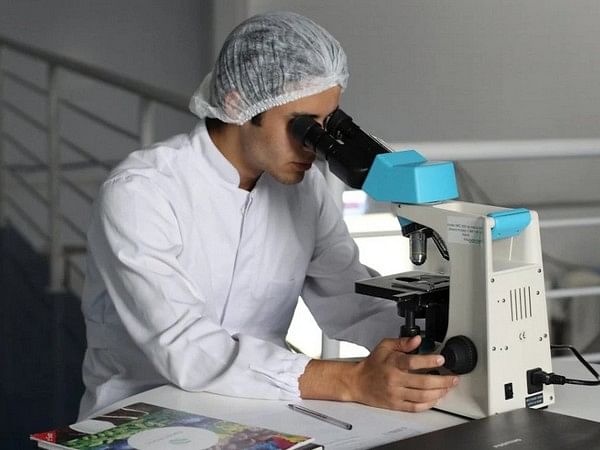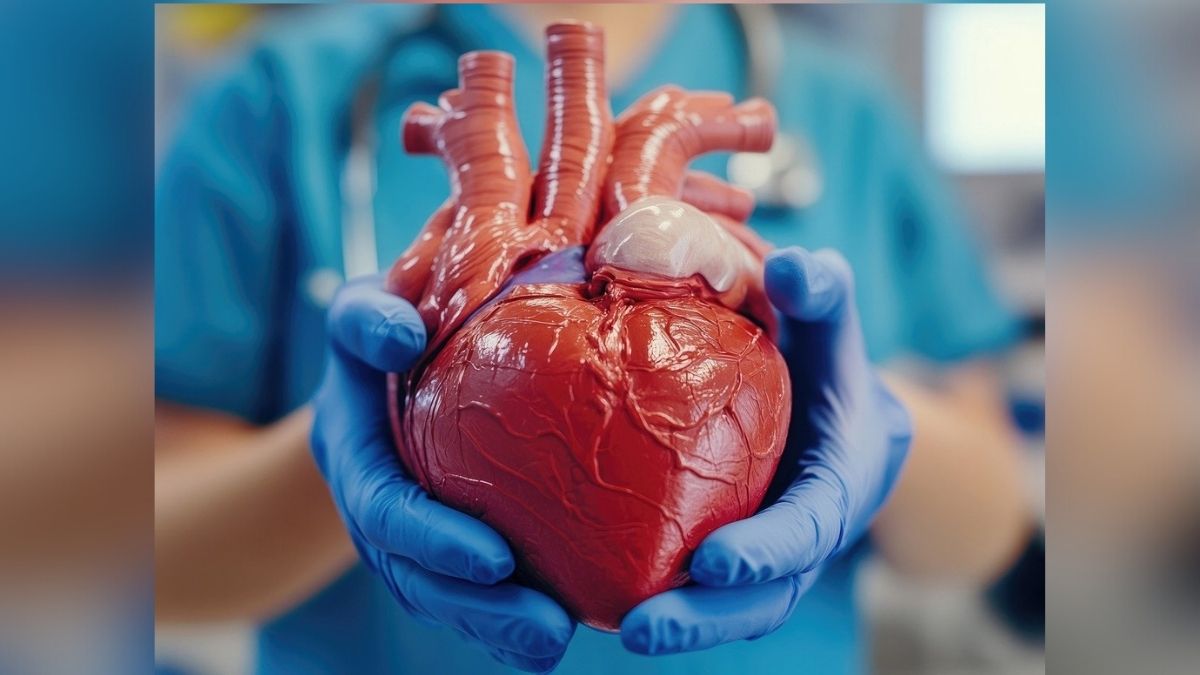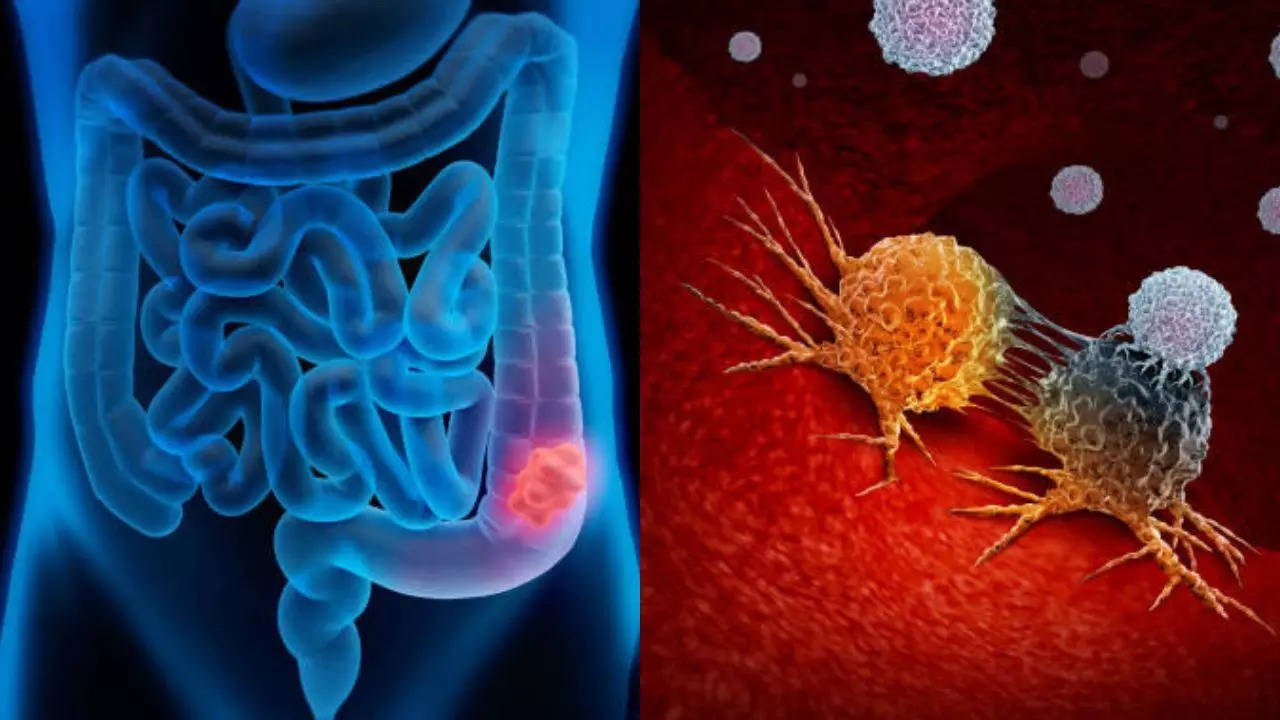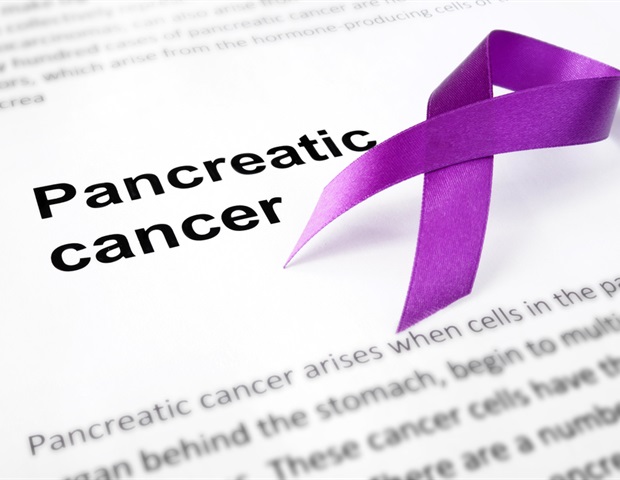New York [US], November 26 (ANI): Laboratory experiments with cancer cells reveal two ways in which tumors evade drugs designed to starve and kill them, a new study shows. While chemotherapy successfully treats tumours and extends patients’ lives, it is known that they do not work for everyone for long, since cancer cells rewire the mechanism by which they transform fuel into energy (metabolism) in order to avoid the treatments’ effects. Many of these medications are so-called antimetabolics, which disrupt cell processes necessary for tumour growth and survival.
Led by researchers at NYU Langone Health and its Perlmutter Cancer Center, the new study shows how cancer cells survive in an environment made hostile by the persistent shortage of the energy from glucose (the chemical term for blood sugar) needed to drive tumor growth. This better understanding of how cancer cells evade the drugs’ attempts to kill them in a low-glucose environment, the researchers say, could lead to the design of better or more effective combination therapies. Three such drugs used in the study — raltitrexed, N-(phosphonacetyl)-l-aspartate (PALA), and brequinar — work to prevent cancer cells from making pyrimidines, molecules that are an essential component to genetic letter codes, or nucleotides, that make up RNA and DNA.
Cancer cells must have access to pyrimidine supplies to produce more cancer cells and to produce uridine nucleotides, a primary fuel source for cancer cells as they rapid.


















